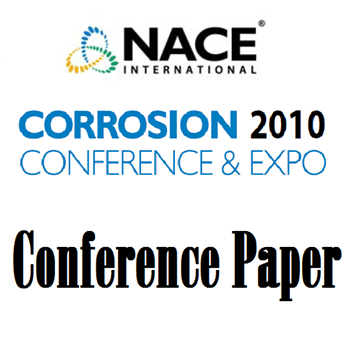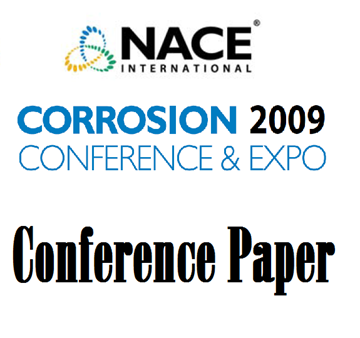Search
03129 OFFSHORE NICKEL ALLOY TUBING HANGER AND DUPLEX STAINLESS STEEL PIPING FAILURE INVESTIGATIONS
Also Purchased
05474 Offshore 22CR Duplex Stainless Steel Cracking - Failure and Prevention
Product Number:
51300-05474-SG
ISBN:
05474 2005 CP
$20.00
10305 316 Stainless Steel Instrument Tubing in Marine Applications
Product Number:
51300-10305-SG
ISBN:
10305 2010 CP
Publication Date:
2010
$20.00
09194 Evaluation of Crevice Corrosion Resistance of Duplex and Super Duplex Stainless Steels for Seawater Pumps
Product Number:
51300-09194-SG
ISBN:
09194 2009 CP
Publication Date:
2009
$20.00




